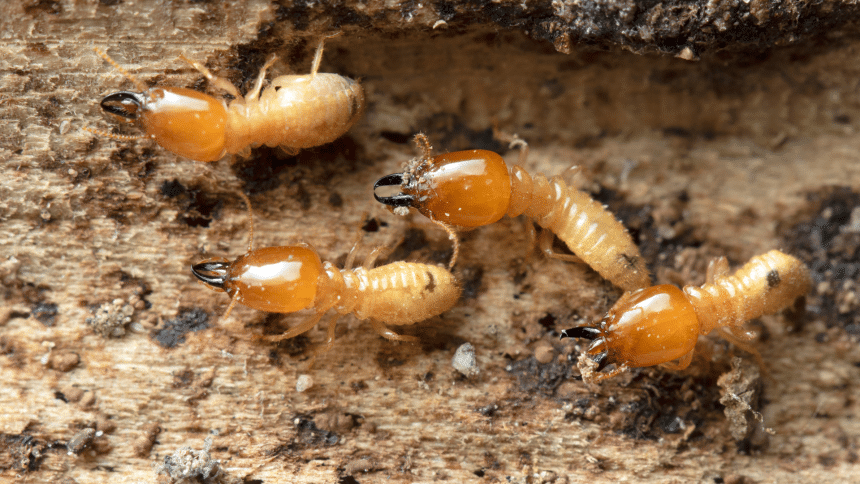As spring gives way to summer in Mississippi, termite swarms become a common concern for homeowners across the state.
Social media posts, pest control advertisements and backyard conversations often warn that termites begin swarming once the weather turns warm and wet. And according to entomologists and pest control experts, that’s not just folklore — it’s true.
The Eastern subterranean termite, the most common species in Mississippi, typically begins to swarm in the spring and continues into early summer. These swarms are part of the insect’s reproductive cycle, when winged termites emerge from the colony to find mates and establish new colonies.
Triggering that exodus is a rise in temperature and humidity, often following rain.
The Mississippi State University Extension Service and the National Pest Management Association both note that swarming is most likely to occur when the soil warms and the air becomes humid — two conditions that reliably appear in Mississippi between May and June. While colonies remain active throughout the year, swarms are when termites become most visible to the public.
That visibility is critical. When homeowners know what to expect and when to expect it, they’re more likely to take preventive action. Termites are often hard to detect before they cause damage, so awareness tied to swarming season can lead to inspections and early interventions.
It’s also important to remember that weather doesn’t cause termites, but it does make their movements more noticeable. A house already at risk — due to moisture problems, untreated wood or poor drainage — may become more vulnerable when swarming begins.
Homeowners looking to reduce the risk of termite infestations can take several preventive steps. Experts recommend removing untreated wood that comes into contact with the home, such as stacked firewood or wooden landscaping features like mulch.
It’s also important to fix leaky pipes and ensure proper drainage to avoid moisture buildup, especially around the foundation. Ventilating crawl spaces and cleaning gutters can help reduce humidity levels that attract termites. Sealing cracks or holes in walls and floors can block common entry points, and regular inspections for signs like discarded wings, mud tubes or hollow-sounding wood can help detect activity early.
Bottom line: Warm, humid weather in Mississippi does trigger termite swarms. The claim is supported by scientific evidence and expert consensus, making it a helpful warning for residents trying to protect their homes.
This report was produced by the Roy Howard Community Journalism Center as part of its “What Is True?” fact-checking service. The center’s researchers investigate local claims to help the public separate fact from fiction. To learn more or submit a claim for review, visit rhcjcnews.com/amwit.








